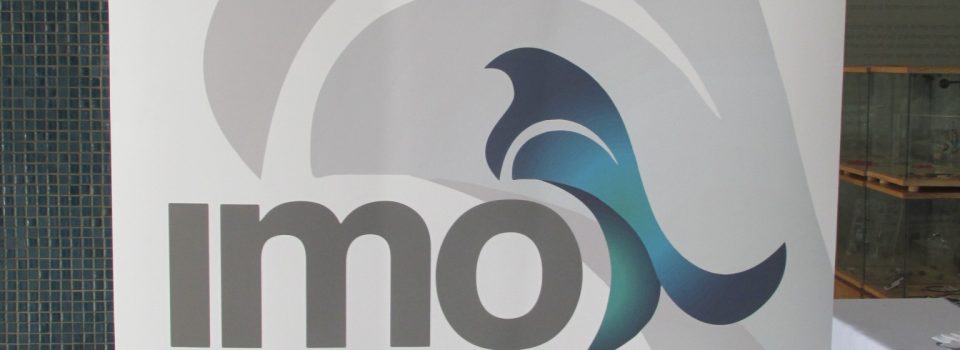IFOP Director attended to opening ceremony of Instituto Milenio de Oceanografía, IMO.
June 6th, 2016
On Monday 23, opening ceremony of Instituto Milenio de Oceanografía was held at Art Gallery of Universidad de Concepción. This institution has the mission of carrying out oceanographic research, deal with scientific problems in a collaborative manner, develop new technologies for the observation work at ocean, increase human resources in the sciences of Chilean sea and raise conscience on the public regarding the implications of these decisions.
During the activity, two conferences were carried out: “Chile is a deep sea” in charge of Juan Carlos Castilla, who commented about the importance of stimulating the study of our ocean by the new generations, and he also commented about the necessity to have good quality public aquariums at regions, in order children can be, from the very first child, closer, and have knowledge and respect for the sea.
The other conference was in charge of British researcher, Dr. Trevor Platt; who obtained his Doctoral degree in Biology at University of Dalhousie in Canadá on 1970. Currently, he works as Executive Director of Partnership for Observation of the Global Oceans (POGO), he is an Academic in Plymouth Marine Laboratory, UK; and Emeritus Scientific of Oceanography, at Bedford Institute of Canada. In Chile, he has participated in the academic training of important professionals related to oceanographic area.
Leonardo Núñez Montaner, Executive Director of IFOP, explained “It is an important opportunity for us to participate of IMO opening ceremony, because of the necessity we have as institute of enlarging the knowledge barriers and incorporate more and more oceanographic visions, in order to explain the dynamic of fishing resources that we study, being this the ones we use to assist Subsecretaría de Pesca in management decision making.
In that context, formal conversations were held, in order to find cooperation spaces, not only by contributing with our several research cruises carried out by our Scientific Vessel, but also with knowledge transference, and in the short term, could be able to generate biophysical models, which allow to better understand the situation of our fishing resources. Some researchers who participate of Milenio group, such as oceanographers of Universidad Católica de Valparaíso, leaded by Mr. Hormazábal, embarked upon Abate Molina, in order to determine the characteristics of the ecosystems associated with the seamounts near Juan Fernández archipelago.”
